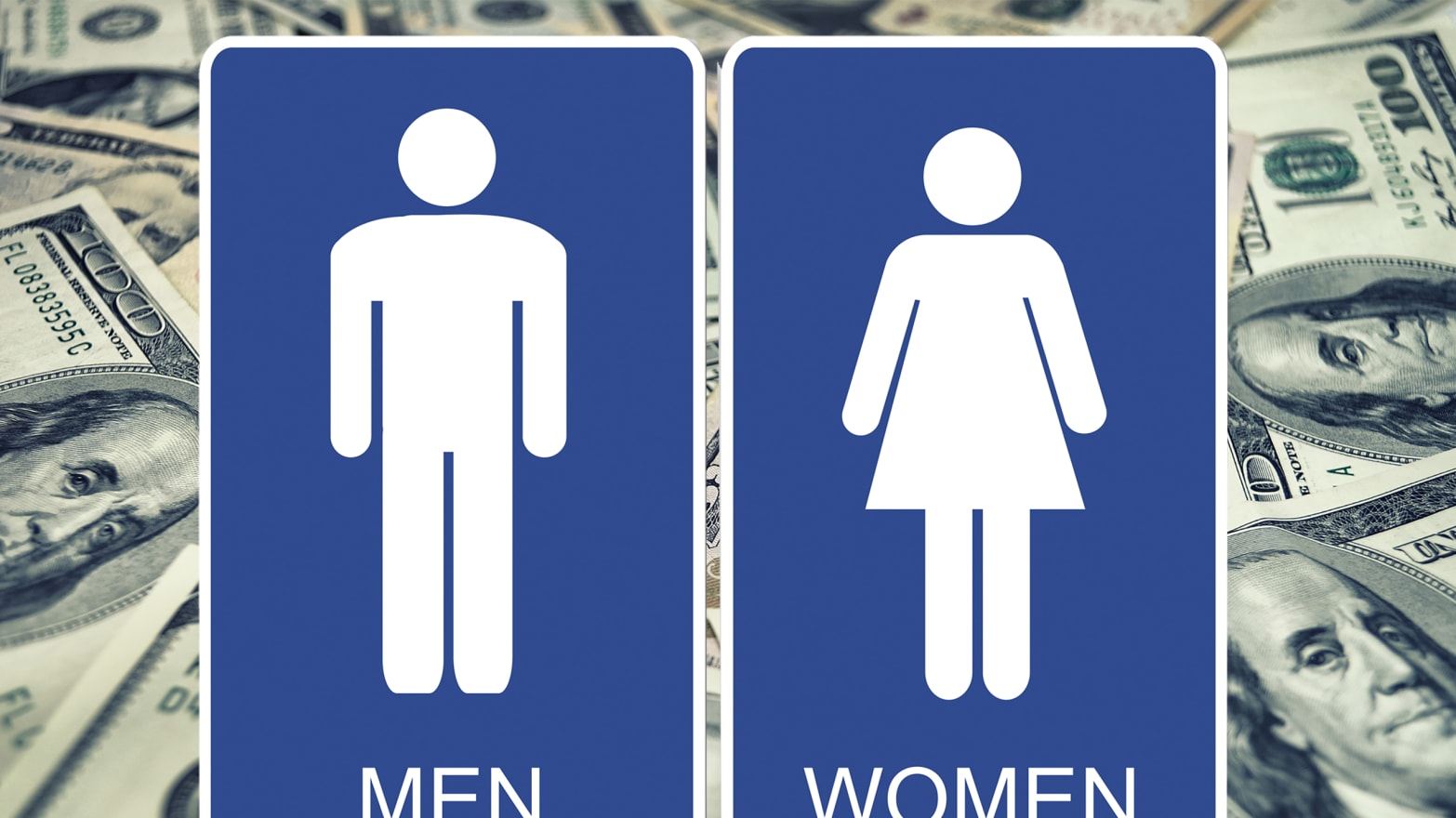If the past few years have been marked by important steps forward for the trans community, 2016 looks to be a year in which transgender Americans face great challenges.
Television programs like Orange Is the New Black and Transparent, as well as Diane Sawyer’s 2015 groundbreaking interview with Caitlyn Jenner, have spread crucial awareness and understanding about trans lives at unprecedented levels. But a number of statewide bills are attempting to roll back that progress by limiting bathroom access to trans people.
In many states, it may soon be illegal to pee while trans.
This week, Oklahoma State Sen. Joseph Silk introduced a bill that would make it a crime to use a restroom that does not correspond to the sex you were assigned at birth. Silk hopes to pass and institute Senate Bill 1014 by November. While the state legislature debates the bill, the senator is “[calling] on the State Board of Health to create rules that would enforce this bill,” according to KJRH, Tulsa’s local NBC affiliate.
Unfortunately, Bill 1014 is far from the most radical piece of anti-trans legislation under consideration.
In December, Indiana lawmakers introduced a bill that would slap trans people with a heavy fine any time they use the public restroom that matches their gender identity. Thus, if you are a transgender woman and use a women’s bathroom, you will be forced to pay $1,000 if caught and could even serve up to a year in prison.
Given the fact that trans people face disproportionate poverty rates—nearly 1 in 6 earn less than $10,000 a year—that penalty is particularly steep.
The bill, if passed, would also place harsh restrictions on public schools—forcing administrators to go as far as inspecting students’ genitals before they enter the restroom or locker room. Some have suggested that students would have to carry identification that notifies faculty of their biological sex, rather than submitting to an examination. Freedom Indiana campaign manager Chris Paulsen called it “the farthest-reaching bill that we've seen nationwide in regards to transgender bathroom use.”
But as Think Progress’ Casey Quinlan notes, “this legislation may go against federal law.” Quinlan continues, “Transgender students are... protected by Title IX in single-sex extracurricular activities, according to the U.S. Department of Education’s guidance, released in December of last year.”
Currently, 13 U.S. states, as well as the District of Columbia, have enacted laws that shield trans students from this very discrimination.
This isn’t the first time that Indiana has been a battleground for LGBT tolerance. Last year, lawmakers considered a religious freedom law that would allow businesses to prohibit service to gay clientele, but following a nationwide boycott, the Religious Freedom Restoration died in the State Senate.
But while Indiana’s recent history of intolerance might make it appear an outlier in America’s movement toward LGBT equality, it’s not. Missouri, Wisconsin, and South Dakota are mulling similar provisions for their students.
The basis for this legislation is founded on the perceived “danger” of allowing transgender people to use the restroom of their choosing—whether that’s a safety risk to other people using the bathroom or to proprietors themselves.
Last year, Houston residents voted on an Equal Rights Ordinance (known as HERO) that would have promised non-discrimination in all public accommodations. A video from Texas Values action warned that, if passed, it would force businesses to allow “anyone who claims a female identity” to enter the women’s locker room. In the video, trans folks are represented by a hairy, balding caricature with lipstick on.
This cartoon is representative of the myth of the trans “bathroom predator,” a spectre that was ubiquitous in Houston’s non-discrimination push. Former Major League Baseball player Lance Berkman was a figurehead for the city’s anti-trans contingent, warning of “troubled men” and sex offenders preying on the city’s “mothers, wives and daughters.”
However, there’s not a single recorded case of someone being attacked by a trans person in a public restroom. In fact, transgender folks are more likely to be targeted for violence while using the restroom.
Chrissy Lee Polis, a trans woman living in Baltimore, was horrifically beaten by two McDonald's customers for attempting to use the women’s restroom. The incident went viral after video of the attack leaked onto the Internet.
But these arguments continue to be sadly effective at stoking the unfounded fears of a population that still lacks crucial understanding of trans people. Houston’s non-discrimination law did not survive the conservative backlash, voted down by a massive 22-point margin last November.
In a speech after HERO’s failure, Houston Mayor Annise Parker called the opposition “a campaign of fear-mongering and deliberate lies.” Parker is absolutely correct, but the case of Houston remains a troubling harbinger of the difficulty to come for the movement for trans equality.
Transgender people may be more visible than ever, but their identities—and their very right to use the bathroom—will continue to be contested.

